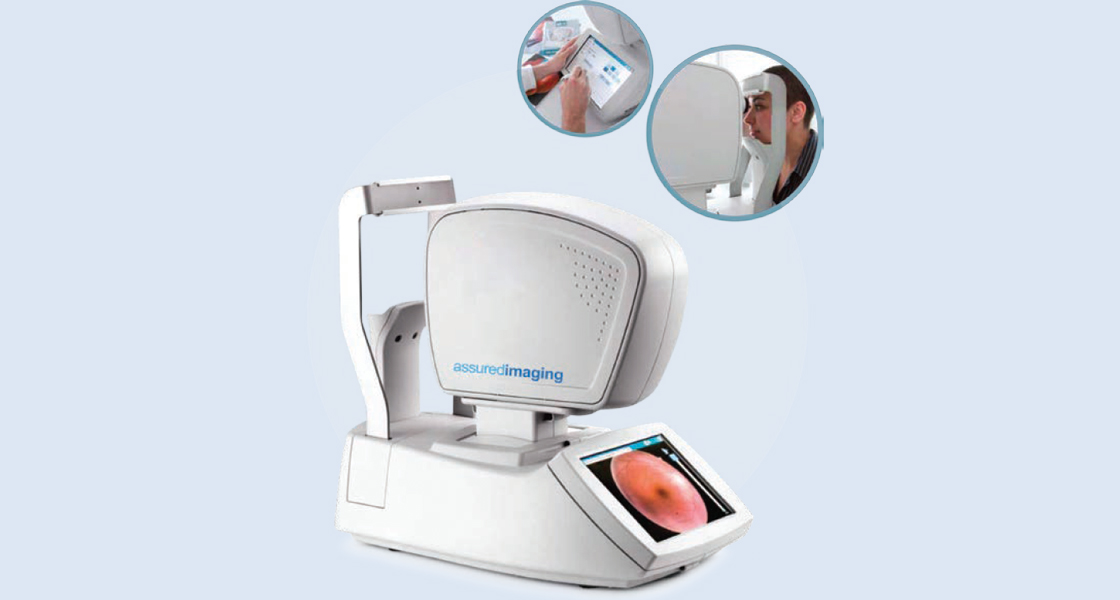Diabetic Screenings

Diabetic Screenings
Diabetic Retinopathy screenings detect a wide range of eye disorders.
A1C and Diabetic Urinalysis: These tests help monitor important renal function levels in diabetic patients.
Ankle-brachial Index Test: Checks for peripheral artery disease, a risk facotr for patients with diabetes.
Diabetic Retinopathy Screening: Because direct opthamologic screening is not always accessible, the fundus photographic screening we provide may help increase the chances that an at-risk individual will be prompted for more detailed evaluation and management if problems are detected.
Patients are eligible for a Diabetic Retinopathy exam if she/he has a documented history of diabetes mellitus:
Type 1, Type 2, Pre-diabetic, or Gestational and has not had a previous retinopathy exam within the past year.
Eye problems caused by diabetes are called diabetic retinopathy. This can lead to sight loss if it’s not found early, however the eye screening test can find problems before they affect your sight. Pictures are taken of the back of your eyes to check for any changes. If you have diabetes and are 12 years or older, it is recommended that you have your eyes checked at least once a year.
Did you know:
- Diabetic retinopathy is the leading cause of preventable blindness in the United States in people 18 to 65 years of age.
- The American Academy of Ophthalmology recommends that anyone with Type 1 or Type 2 diabetes receive a retinal eye exam every year.
- Early detection can reduce the risk of severe vision loss by 90% and significantly reduce long-term healthcare costs.
- Unfortunately, fewer than 50% of patients with diabetes get a diabetic eye screening annually.
- An Assured Imaging retinal exam is painless, takes less than 5 minutes to complete. No dilation required for most patients!
Prepare for Your Visit
Some patients should be prepared to have their pupils dilated as this will provide a better look at the inside of the eye. The exam will likely also check for glaucoma and cataracts, both of which occur more frequently in people with diabetes and can cause vision problems. Be sure to be prepared to remove contact lenses, if applicable.
Dilation Process (if needed):
We will not dilate if patient has glaucoma/family history of glaucoma, or of pregnant.
OK to dilate patient post-cataract or post Lasik
Locations
Diabetic Screening Services are provided at all of our mobile events.
STAY IN THE LOOP
Subscribe to our newsletter:
TESTIMONIALS
"Everyone was great. Very fast and very convenient, thanks. Very professional. I will come back next year."

Oro Valley, AZ
"I will recommend this to my friends. Thank you so much for all you do. Thanks for making getting a mammogram so convenient."

Phoenix, AZ
